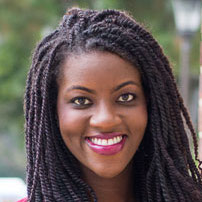 A new study by Ivuoma Ngozi Onyeador, an assistant professor at Northwestern University’s Kellogg School of Management, finds that White Americans have a far more optimistic view of the racial progress that has been made since the 1960s than is actually the case.
A new study by Ivuoma Ngozi Onyeador, an assistant professor at Northwestern University’s Kellogg School of Management, finds that White Americans have a far more optimistic view of the racial progress that has been made since the 1960s than is actually the case.
For example, in 1963, for every $100 in wealth a White family had, the average Black family had around $5. White Americans thought it was $38. By 2016, a Black family on average had $10 in wealth for every $100 in wealth the average White family had. But White Americans, on average, thought it was about $70.
“We wanted participants to read about the persistence of racial discrimination in the United States so we could see whether that would improve their perception of racial inequality in the present,” Dr. Onyeador said.
These discrimination reminders, however, didn’t improve the accuracy of present-day racial inequality among White Americans. Unexpectedly, reading about discrimination led participants to estimate more equality in the past.
“A number of factors might be at play,” Dr. Onyeador said. “These include a belief in a just world, the myth of racial progress, and the perception created in the media and our national discourse of high-status Black individuals who may not reflect the economic condition of most Black Americans in the real world.”
Robust policies to address racial inequality may, therefore, face obstacles since underestimates of the economic gap may make it difficult to garner support for large-scale initiatives designed to address these persistent disparities.
Dr. Onyeador joined the faculty at Northwestern University this fall. She was a postdoctoral fellow at Yale University. Dr. Onyeador is a graduate of Yale University. She holds a master’s degree and a Ph.D. in psychology from the Univerity of California, Los Angeles.
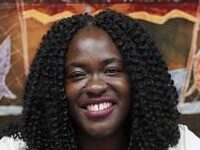
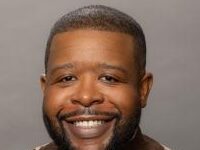
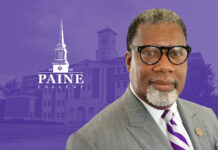



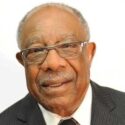





What I find most interesting about Onyeador’s flawed and misleading narrative is her inability to specifically highlight why these “gaps” exists and will continue for time in memoriam (unfortunately). Onyeador enjoys using very broad and ambiguous phraseology to ensure she doesn’t ruffle the feathers of White academia and especially in Evanston, ILL which is akin to Mississippi in the Midwest. Further, its downright shaemful “African Academics” who have been trained to regurgitate Eurocentric thoughts, ideals, and theories all the while solidifiying his/her academic career by using “Native born Black Americans” as the window of opportunity. Onyeador should conduct a research study on the educational and employment outcomes between the Hausa, Yoruba, and Igbo in Nigeria.